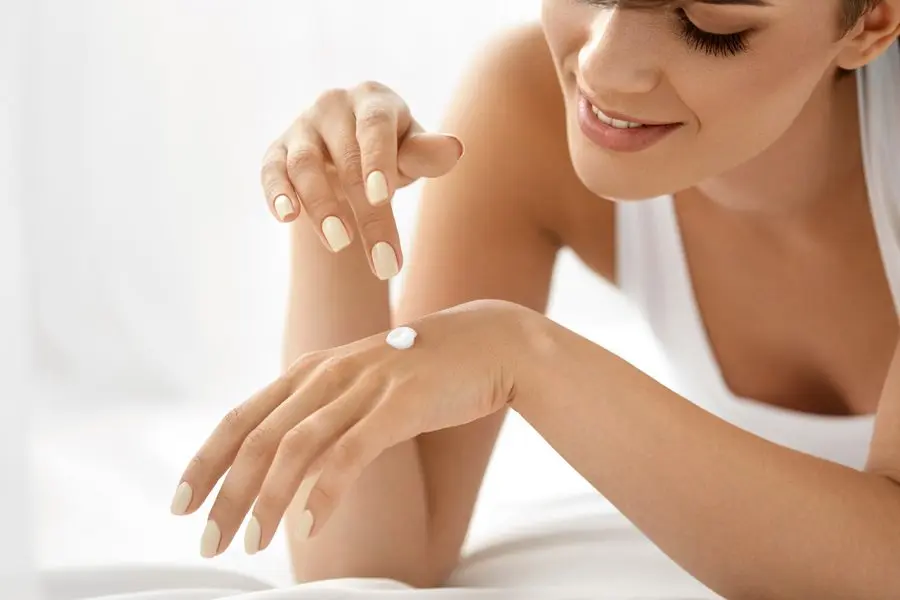
5 acne myths you shouldn't believe
Contents:
What if we told you that some of what you may think it's true about acne really not? There is a lot of speculation surrounding the state of skin care, which often causes confusion and gives rise to half-baked myths. We knocked AcneFree Consulting Dermatologist Hadley King, MD, to debunk the most common misconceptions associated with acne.
Acne myth #1: Only teenagers get acne
We often associate acne with teenagers and assume that they are the only age group that can have it, but Dr. King is adamant to tell us that this notion is completely wrong. “When and how badly a person develops acne is largely determined genetically,” she says. There are many people who suffer from acne during adolescence, but there are also people who only suffer from acne in adulthood. “Approximately 54% of adult women suffer from acne, often due to ongoing hormonal fluctuations, while only about 10% of adult men experience it,” she adds.
Myth #2: Acne is caused by poor hygiene.
Another common misconception about pimples in that they are caused by poor hygiene.According to Dr. King, contrary to this belief, acne is almost entirely not a person's fault. “Acne is primarily caused by genetics and hormones, however stress and diet also play a role.” Certain high glycemic foods can cause acne in some people, while dairy products cause acne in others. You can also take a look at some of the skin care products you use as comedogenic formulas can clog your pores. "The bottom line is that acne is pretty much out of our control because we can't change our genetics," says Dr. King. “However, with good skin care, proven medications, and a healthy diet, we can help control our acne.”
Myth #3: Acne treatments are not suitable for sensitive skin.
According to Dr. King, there is a perception that acne products are not safe for sensitive skin. “While acne treatments can irritate your skin, proceed with caution. You can use moisturizers as needed and reduce the frequency of application if you are not comfortable with daily use,” she says. If you have dry or sensitive skin, gentler products such as Cleansing system for sensitive skin AcneFree 24 hours great option for you. “It still contains salicylic acid to help fight acne, but the formulation is relatively mild and better tolerated. The tonic is alcohol-free and the repair lotion also contains moisturizing ingredients such as glycerin.”
Myth #4: Pimples on the body and on the face are the same thing.
While acne can live on your face and body, Dr. King says the two types cannot be treated the same. “Acne treatment on the body similar to acne treatments on the face, but skin on the body tends to be tougher than on the face, so stronger treatments can often be tolerated,” she says. Body acne is also more likely to require systemic medication to heal, making it a bit more advanced than facial acne in some cases.
Myth #5: Popping Pimples Helps Get Rid of Pimples
While some find ASMR pimple popping satisfactory, pimple popping on the face will not get rid of acne. “I think some people are compelled to try to get rid of whatever they think is in their skin,” says Dr. King, “but the reality is that squeezing or squeezing a pimple increases the risk of inflammation and infection and also prolongs life.” . time to heal." Also, pimple popping actually increases your chances of scarring and discoloration, and it's definitely not a fair deal based on the acne myth.
Leave a Reply